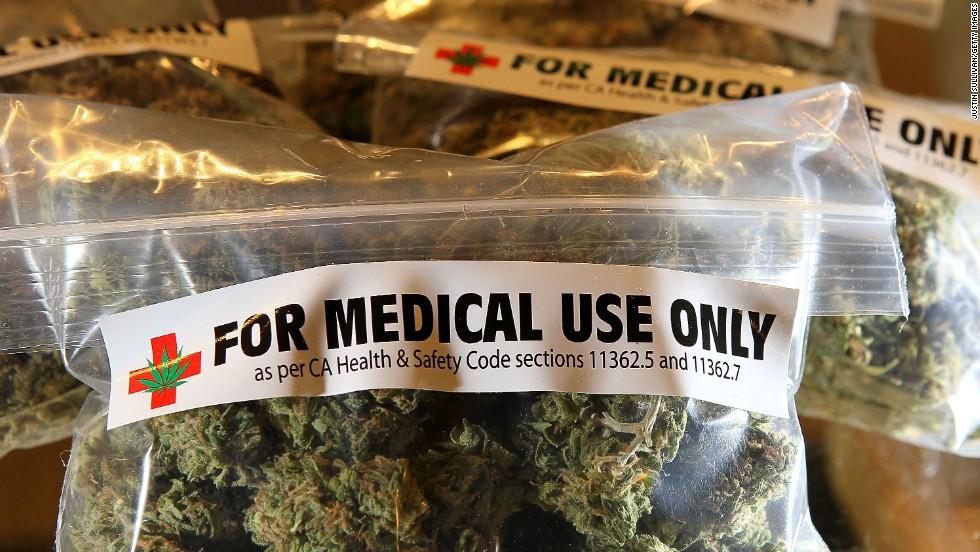Columnist Kendall Grove
Since the passing of Proposition 64, the California Marijuana Legalization Initiative, Californians have been anticipating the medical to recreational transition.
This legislation gained support from voters who support recreational marijuana and most agreed on the platform that marijuana has no significant negative side effects that are known.
It was recently reported that a Northern Californian cancer patient died from a rare fungal infection in his lungs. After two doctors became interested in the increase of deaths related to cancer patients and marijuana users, it was suggested that the source of the infection came from smoking contaminated medical marijuana.
Dr. George Thompson, who is a fungal expert at UC Davis Medical Center, told CBS SFBayArea that he saw patients getting sick while dealing with intensive chemotherapy. Thompson said this caused them to have compromised immune systems.
A team of doctors at UC Davis then took 20 samples of medical marijuana from all over California and analyzed their range of dangerous bacteria and fungi. After this study, it was reported that 90 percent of the samples contained bacteria and fungi that was similar to the sick cancer patients. Klebsiella, E.coli, Pseudomonas and Acinetobacter were the main ones reported in the study.
Doctor Donald Land, who is a contaminated marijuana analyst, also began working with Dr. Thompson on this study. He said, “We sometimes see 20 or 30 percent of our samples coming through the lab significantly contaminated with molds.”
It’s believed the bacteria and fungi is developed through the way growers enhance potency.
The lack of research around cannabis makes it hard to confirm or deny many claims. Funding for research in the marijuana field is difficult to obtain because marijuana is not federally permitted. Dr. Thompson even had to leave the UC Davis Medical Center facility in exchange for a different research center so that he could continue with his marijuana research.
Although it’s only reported these bacteria and fungi are causing harm to cancer patients, it’s unknown what these could do to an average immune system over time. Marijuana users are unaware of the contaminants because it is assumed that any medicinal marijuana sold at a medical dispensary is safe for patients.
In 2018, Proposition 64 laws will allow for businesses to apply for their recreational marijuana seller licenses. This will surely create an influx in marijuana consumption. This kind of an increase in dispensary sales should call for different regulations for publicly sold marijuana. Most marijuana is purchased from private growers by dispensaries, meaning the marijuana sold could all contain different bacteria.
In regards to cancer and chemotherapy patients, doctors should reevaluate the effects of marijuana.
Marijuana may be known to be less harmful than tobacco, but smoke still contains carcinogens which can damage lung tissues.
According to the National Institute of Cancer, cannabis has been found to positively impact pain relief, nausea and vomiting, anxiety and appetite loss cause from chemotherapy, but is this enough?
With a higher risk of lung infection, this could change the way many cancer patients receive treatment based on their need to relieve painful symptoms of the treatment.
Doctors should consider other ways of getting THC into a patient’s system and warn patients about the potential outcomes from smoking contaminated cannabis before recommending the use of medical marijuana.
Cover image property CNN.





![[Both photos courtesy of sonoma.edu]
Ming-Ting Mike Lee stepped in as the new SSU president following Sakakis resignation in July 2022](https://sonomastatestar.com/wp-content/uploads/2024/04/CC4520AB-22A7-41B2-9F6F-2A2D5F76A28C-1200x1200.jpeg)



























